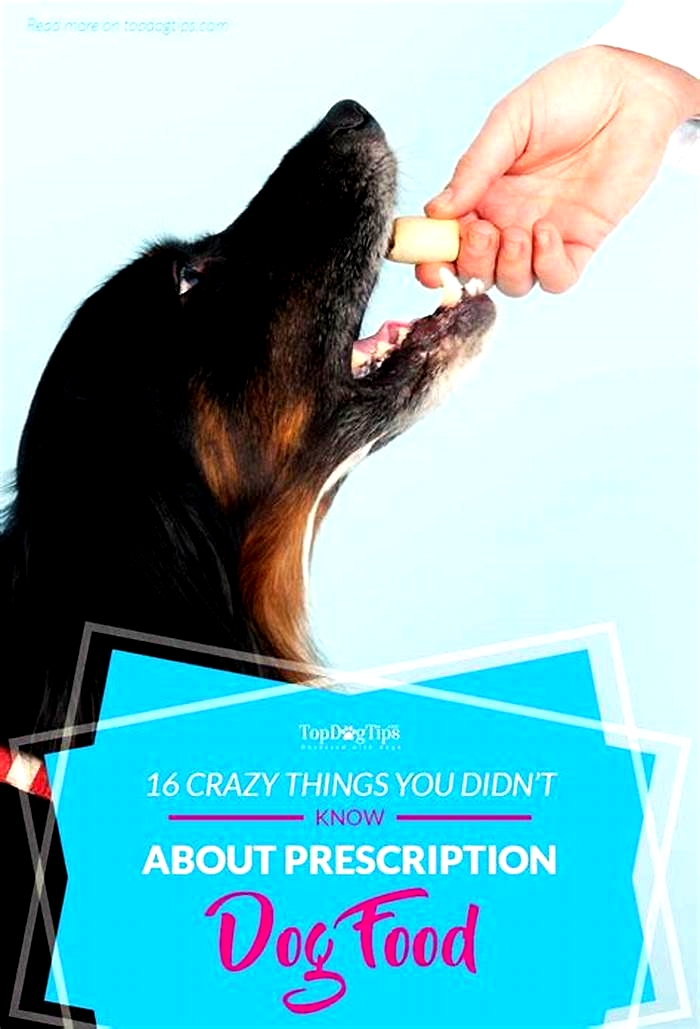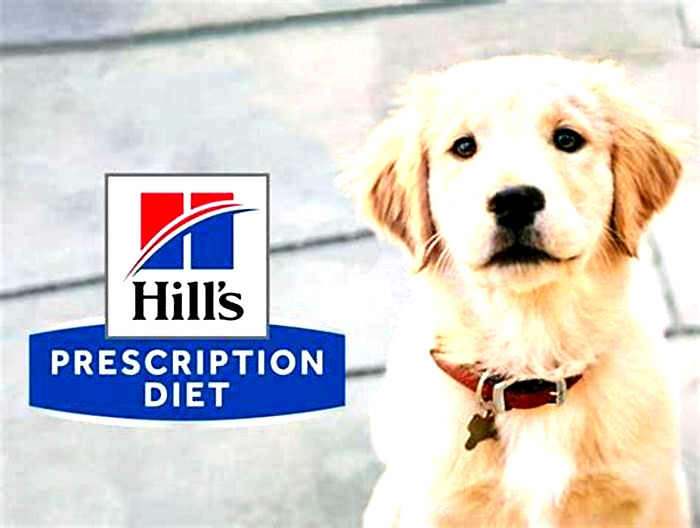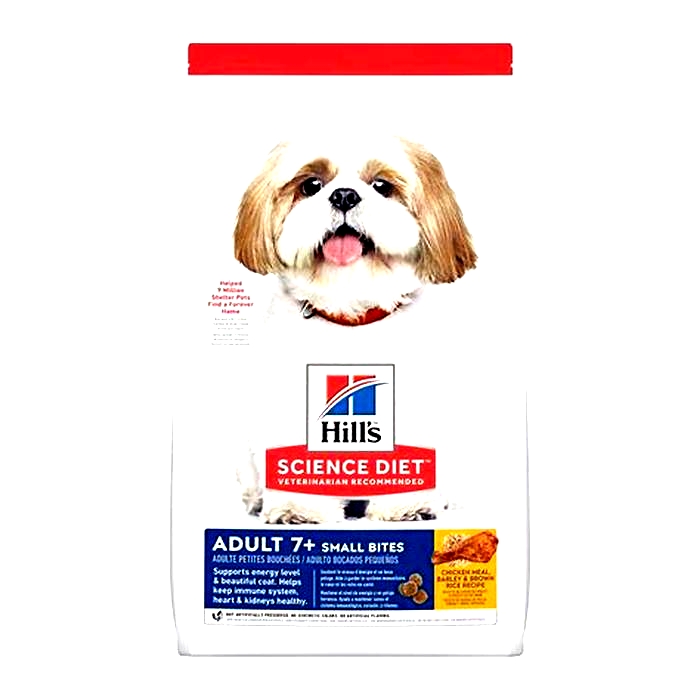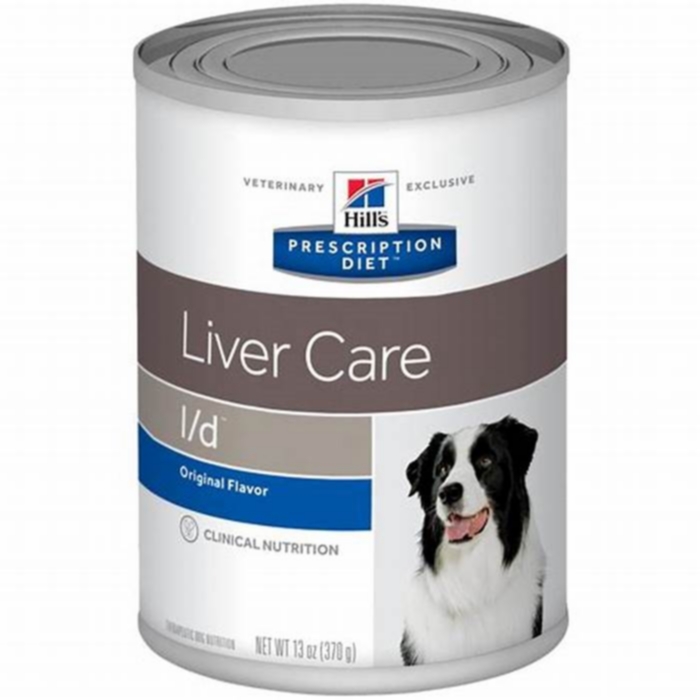How long should a dog be on prescription food

Does Your Dog Really Need A Prescription Dog Food?

If you are thinking about prescription dog foods it probably means that you have received some kind of bad news about your dogs health. He has a health problem and you need to make changes in his diet.
Your veterinarian may have recommended a prescription dog food. We are not vets and we dont know your dogs individual health problem. However, we can give you some information about prescription dog foods to help you make an informed decision with regard to your dogs diet.
Facts about prescription dog foods
There are differing opinions about prescription dog foods, even among veterinarians. The early creator of these diets was Hills and they are still the largest brand in this category. Other companies that make veterinary diet formulas include Eukanuba, Royal Canin, Innovative Veterinary Diets (IVD), Purina, and Waltham.
As you can see, most of the companies involved in making prescription dog foods are large corporations. It takes money, a large staff of researchers, facilities, and other overhead to invest in these diets. Small, innovative holistic pet food companies rarely have that kind of money to invest though they could grow to make prescription pet foods in the future.
You have to have a prescription from a veterinarian to obtain one of these foods, though you dont necessarily have to purchase them from your vet. You can use the prescription to buy the food online, for example. As you probably already know, prescription diets tend to be very expensive.
In theory, prescription dog foods are medications. The companies that make them spend a lot of money on research and development, just as drug companies do when developing new medications. A vet prescribes a specific food after diagnosing a dog with a specific condition, then monitors the effects of the food on the dog.
In order for a dog food manufacturer to claim that one of their products is effective for a certain disease, the Center for Veterinary Medicine (CVM), part of the FDA (Food and Drug Administration) must see research from the company proving their claims.

The company has to show full documentation that the food is safe and that is works. The food still has to meet AAFCOs general labeling guidelines but the CVM watches over their medical claims.
Many people complain that these dog foods have low quality, filler ingredients and low meat content. All you have to do is read some of the labels and you can see that these complaints are justified in most cases.
Most prescription dog foods do not have high quality or holistic ingredients. Meat content is intentionally low in some foods because certain health conditions may not allow for high percentages of protein, so thats a separate issue.
But its not unusual to see veterinary diets with ingredients that you would not normally like to feed your dog. For example, Brewers rice is the first ingredient in one food from Hills $89 for a 25 pound bag. Yet the food receives 4.5 stars out of 5 from reviewers and 95 percent of the people who bought the food would recommend it.
Do prescription diets work?
Yes, in many cases prescription diet dog foods do seem to work when they are correctly prescribed for a dogs condition. If your dog is sick, you may have to put aside your dislike of some of the ingredients in the food and focus on things that work.

Dogs do benefit from ingredients in dog foods that are not holistic. Sometimes its a question of having a precise ratio of protein, fat, fiber, or other nutrients. Sometimes a food may contain an unusual ingredient or work in some other way. For example, Hills makes three kinds of diets for dealing with bladder stones, depending on what kind of stones your dog has.
If your dog has struvite stones, their s/d diet works by making the urine extremely acidic to dissolve the stones. Their c/d diet also acidifies the urine but can be fed as a preventive. And their u/d diet is used for urate and cystine stones.
So these different prescription diets actually have ingredients that affect the acidity of your dogs urine. Thats what youre paying for with prescription diets. It doesnt show up in the guaranteed analysis or the things we normally look for on the dog food label, but it can be very important if your dog is ill.
Do you have to feed a prescription diet?
It probably depends on your dogs health and the issue hes facing. Some veterinarians like prescription diets more than others. Dr. Jodie Gruenstern, a holistic veterinarian, is not a fan, as she writes in Dogs Naturally magazine.
She doesnt use or recommend prescription diets. She points out some of the undesirable ingredients in veterinary diets, as weve been discussing, and also points out that most of them are high in starch. She also adds:
Manufacturers of most prescription diets also caution against long-term feeding of their diets. Most of these diets are extremely restricted in specific nutrients and they are not intended to be fed long term, as significant deficiencies can develop.
This is certainly true. However, we do note that the same thing is true of any medication. You would not continue to take penicillin on a long-term basis. Prescription diets need to be considered as medications, to be used as short-term treatments for a specific medical health condition.
Dr. Gruenstern favors a raw diet, though that may not be feasible for all dog owners, especially when they are coping with a sick dog.
What about over-the-counter dog foods for health conditions?
There are lots of dog foods today that make health claims although they may be skirting the FDA by doing so. If you check the FDA web site, you can find occasional warning letters sent to various pet food companies over the years advising them to stop making certain health claims about their foods.
You can find commercial dog foods for dogs with various health issues such as sensitive digestion, food allergies and food sensitivities, weight problems, healthy joints, and foods for senior dogs. To take foods for healthy joints as an example, its not unusual for many dog foods today to have added glucosamine and chondroitin, especially in foods for large breed dogs.
However, the amounts of glucosamine and chondroitin added to these foods are not considered to be a therapeutic level. In order for your dog to actually benefit from these supplements, you would have to give him more than the amounts normally added to over-the-counter dog foods.
If dog food companies added a therapeutic level of glucosamine and chondroitin to their foods, they would have to be overseen by the CVM/FDA like a prescription dog food. (You can read more about these supplements here.)

Feeding a dog food that contains glucosamine and chondroitin may be helpful in minor ways (though evidence is currently lacking) but if your dog really needs a joint supplement, you are better off adding your own supplements to your dogs diet.
You will notice that the labels for over-the-counter dog foods are usually very general. They wont say they actually prevent or treat a problem since those are medical claims. Instead, they will use vague terms such as promote or support.
They are less likely to get in trouble for using these terms and dont have to provide proof of their statements. Over-the-counter dog foods making these health statements are overseen by AAFCO rather than CVM/FDA, unlike prescription dog foods.
These diets have not had as much research or work put into them as the prescription diets. However, in many cases the breakthroughs made with prescription diets eventually end up benefiting dogs by being incorporated into commercial dog foods.

Whats the Rx?
The bottom line with prescription diets is that sometimes dogs really need them, regardless of whether we like the ingredients or not. Hills once dominated this field but with more competitors, it means there are now more choices for many veterinary and over-the-counter diets now.
If your vet prescribes a diet for your dog and he wont touch it or he doesnt seem to be improving, you may have other options.
Do keep in mind that over-the-counter foods do not have the same therapeutic values as prescription diets, even if they are more or less designed to address the same health problem. In some cases they may be a good alternative to a prescription diet if you are coping with a weight problem or a food sensitivity, for example.
In other cases, there is no substitute for a prescription diet. Over-the-counter dog foods wont produce the same results as these diets for some problems. If your dog has a serious health problem, work with your veterinarian to find a diet that will help your dog.
Finally, as noted above, remember that veterinary diets are not intended to be fed on a long-term basis. These foods are medical in nature. They should be considered the same way you would consider a prescription from your pharmacy.
Give it to your dog as a treatment and work with your veterinarian to see his health improve. Then move on to a good quality diet that is appropriate for his health situation.

What can prescription diets be used for?
Veterinarian-Prescribed Dog Foods. Medical diets are the ones formulated for dogs with health problems, from vexing but garden-variety conditions such as itchy skin or digestive issues, to more serious health problems such as cancer or kidney disease.
What is the difference between Hill's Science Diet and Prescription Diet?
Prescription Diet brand pet foods are formulated to address specific medical conditions that can develop in pets. Science Diet brand pet foods are formulated to meet the needs of healthy pets during various life stages.
Why do some pet foods require a prescription?
Most veterinarians and pet food stores will not sell the prescription diet without a prescription because they do not want to make any waves with the manufacturers. Even so, veterinarian involvement is a good idea because some diets can be misused and cause a worsening of certain medical conditions.
Is prescription dog food necessary?
Several gastrointestinal problems, like inflammatory bowel disease, may be related to food allergies or sensitivities but require more specialized prescription diets. If your dog has a chronic health problem, it's worth asking your vet if a prescription diet could help.
Should You Feed Your Pet Prescription Dog Food? Here's When It's a Good Idea
The line dividing food and medicine can be fuzzy. When you eat a handful of raspberries, youre providing your body with important nutrients and antioxidants. A piece of salmon contains a lot of protein, but its also high in omega-3 fatty acids that can reduce inflammation.
Pet food manufacturers have taken the idea of food as medicine a step furtherby designing products to help manage a wide variety of diseases. These foods are available only with a veterinarians prescription because they can do harm when used under the wrong circumstances.
Heres what you need to know about prescription dog food.
What Is Prescription Dog Food?
Prescription dog foods (also called therapeutic dog foods or veterinary diets) are made with ingredients and nutritional supplements combined in just the right proportions to support the health of dogs who have a particular disease or illness.
For example, a veterinarian might prescribe prescription dog food for a dog with arthritis that contains high levels of omega-3 fatty acids and antioxidants to reduce inflammation, glucosamine and chondroitin sulfate to protect joint cartilage, and added L-carnitine (an amino acid) to keep muscles strong.
Before a prescription dog food can be sold, the manufacturer must put it through extensive testing to show that its safe and effective for dogs with specific diseases. Manufacturers also adhere to rigorous safety and quality control standards when making these special diets. All of this helps ensure that prescription dog foods are worth the extra money.
When to Start a Prescription Dog Food Diet
Many health problems in dogs can be managed, at least in part, through their diet. A veterinarian familiar with the specifics of a dogs case is in the best position to determine if a prescription dog food is appropriate. Talk to your veterinarian about prescription dog food if any of the following apply to your dog.
1. Your Dog Needs to Lose Weight
Extra body fat makes life shorter and less enjoyable for overweight dogs. It can cause or make many health problems worse, too, including:
If your dog is only a little overweight, an over-the-counter diet dog food, such as Hill's Science Diet Adult Perfect Weight, may help. But dogs who need to lose a lot of weight tend to do better on a prescription weight loss food.
Different diets seem to work better for different dogs, but most vet-recommended prescription dog foods combine increased fiber to help dogs feel full without adding calories, moderate or high protein to maintain muscle, and low levels of carbohydrates and fats. Good options include
Your veterinarian can design a weight loss plan tailored to your dogs individual needs, help you monitor how its working, and make necessary changes as your dogs body condition changes.
2. Your Dog Has Bladder Stones
Symptoms of bladder stones in dogs include bloody urine, straining to urinate, and discomfort. Some types of bladder stones can be dissolved with prescription dog foods or medicine, while others need to be physically removed via surgery or other treatments. But an appropriate diet can almost always reduce the chances that bladder stones will return.
For dogs who are prone to bladder stones, wet foods are usually preferable to dry because they help keep the dogs urine dilute, which reduces the chances that stones will form. Royal Canin Veterinary Diet Adult Urinary SO and Hill's Prescription Diet c/d Multicare dissolve struvite stones and help reduce the formation of struvite and calcium oxalate stones. Hill's Prescription Diet u/d Urinary Care helps dissolve and prevent the recurrence of urate and cystine stones.
Your veterinarian can determine what type of bladder stones your dog has and how they should be treated.
3. Your Dog Has Kidney Disease
Dogs with chronic kidney disease can live for many months (or even years!) with appropriate treatment. Prescription dog foods for kidney disease can be an important part of therapy.
These diets usually contain a moderate amount of high-quality protein and are low in phosphorous and sodium to reduce the workload on the kidneys. Omega-3 fatty acids, essential amino acids, vitamins, minerals, and antioxidants may all be supplemented to promote kidney function and overall health and wellness. Whenever possible, dogs with kidney disease should eat wet dog food to help prevent dehydration.
Because dogs with kidney disease often have a reduced appetite, its important to find a kidney diet that your dog enjoys eating. You might need to try several options before finding the one that works best for your dog. Some go-to's include:
5. Your Dog Has Arthritis
Arthritis is very common in dogs, particularly as they get older. Combining different forms of treatment, including diet, can decrease a dogs discomfort and increase their mobility.
Therapeutic dog foods that veterinarians prescribe to dogs with arthritis are usually enriched with omega-3 fatty acids, glucosamine, chondroitin sulfate, and antioxidants to reduce inflammation and promote joint health. These foods are also often slightly calorie-restricted to help dogs stay slim and supplemented with L-carnitine, an amino acid that helps dogs build and maintain muscle. Hill's Prescription Diet j/d and Purina Pro Plan Veterinary Diets JM Joint Mobility are both excellent prescription foods for dogs with arthritis.
And these arent the only conditions that can be managed with prescription dog food! For example:
If you think your pet could benefit from prescription dog food, talk with your vet.
How to Transition Your Dog to Prescription Food
If your veterinarian has recommended prescription dog food, your next question is probably how to switch to the new diet. In most cases, its best to make the transition slowly.
Gradually mix increasing amounts of the new food in with decreasing amounts of your dogs old diet over a week or two. This gives your dog a chance to get used to the taste of the new food and gives their GI tract time to adapt. Go even more slowly if your dog is finicky or initially turns up their nose at the new food.
But there are times (when youre dealing with a food allergy or intolerance, for example) when your veterinarian may recommend making a quick transition to a new food, so always follow your vets instructions. If you cant get your dog to eat their new prescription diet, talk to your veterinarian about other options that may be available.
Prescription dog foods can reduce and sometimes even eliminate the need for a dog to be on medications or receive other forms of treatment. Ask your vet how diet can play a role in your dogs healthcare.
Featured Image: iStock/Chalabala
WRITTEN BY
Jennifer Coates, DVMVeterinarian
Dr. Jennifer Coates is an accomplished veterinarian, writer, editor, and consultant with years of experience in the fields of veterinary...









